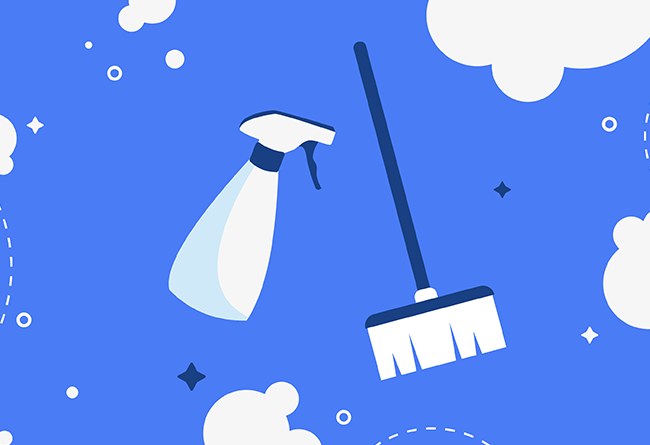On the Outside
After graduating from university, I landed my first job in London as a recruitment agent catering to the start-up and SME market. This experience hallmarks my introduction to the variety of start-up challenges regarding recruitment and talent and learning how to overcome them. I dedicated my time exclusively to building extensive talent pools and networks in the technology market. The market was heavily reliant on agencies at the time and in-house roles were emerging. As such, after five years as a tech recruitment agent, I made the transition and commitment to leading Talent in-house.
On the Inside
In an enterprise organisation, I enjoyed the perks of a gym, stocked canteen and the luxury of having your plates cleared away for you by someone else. Whilst I gained invaluable insight into a complex matrix operation (with multiple product lines and internal challenges an agent would never be privy to), one thing I scratched my head over was the disconnect between People Ops, Talent, Employee Relations, and L&D. This was evident in the fact that the first time some of those teams spoke was at the annual Christmas party. Motivated by this, I committed to becoming a leader in this space: ensuring connectivity, alignment, transparency, and context between these teams. My focus fixed on guaranteeing teams developed a broader and deeper knowledge of their field to help resolve problems and create a better people experience as a result.
Humble Beginnings
As my knowledge developed and strengthened, I landed an internal role in a start-up and was one of the first ten employees. Our tight-knit working community formed from Tesco trips to buy team treats out of our own pockets and hand washing overflowing dirty plates in the shared kitchen to look respectable for when the candidates arrived. It really was all hands on deck. Despite being in our infancy, it enabled me the opportunity to put my plan to work and create a connected people and talent team and strategy. Whilst the dishes dried, I prioritised taking us to from ten to fifty employees: heavily investing in building a recruitment process, employer branding, and onboarding experience. By the time we were scaling from fifty to a hundred, we were increasing automation, communications, standardisation, people operations and, with investment, able to make some key acquisitions – a decent dishwasher. As we continued to scale and acquire customers, we evolved the people and talent strategy. Our focus now fixed on progression, learning and development, and performance. By the time we had a second dishwasher, we were well and truly on our way. It was time for a new challenge.
Lessons Learned
In my second start-up leadership role, the only plates I had to worry about were my own being that we were distributed and remote. Between roles, I dictated enough time to reflect on the lessons learnt, rethink sequencing, prioritise, and get to grips with the new operating model and culture. Drawing from my previous experience, I was able to advise and accelerate faster than before and we expanded at speed. Though we were more successful at juggling expansion and addressing operational debt, growing at speed can have its risks and drawbacks. It marked how needing space to think and create can sometimes be constrained and compromise a first principles approach.
Best of Both
Technically speaking, I’m now back on the outside. However, armed with skills, support, and space: Developa is in a unique position where we can acquire more knowledge, thoroughly research, deeply evaluate, constantly network, break apart, and reimagine the norm. Our aim is to bring more knowledge, better design, and create the best people experience for our clients. Lastly, for those that are curious to know my lessons learned on dishwashing, Bosch is best 😉


